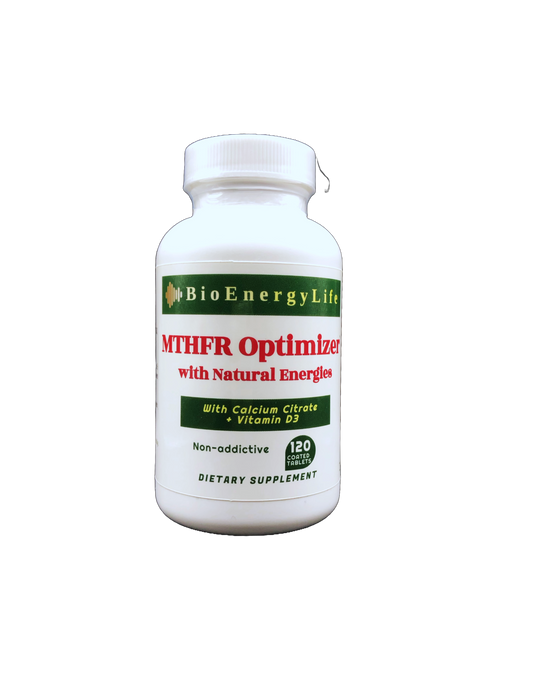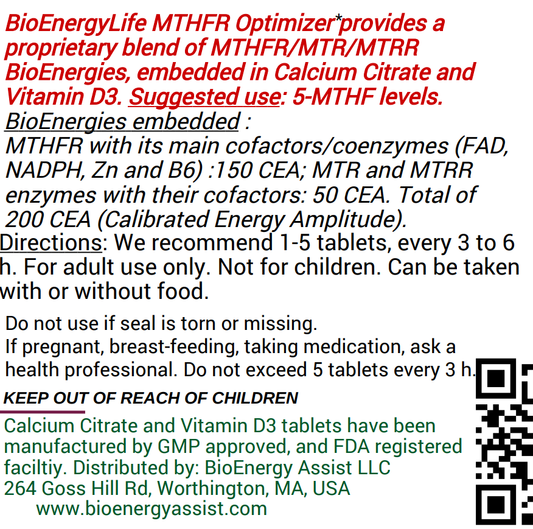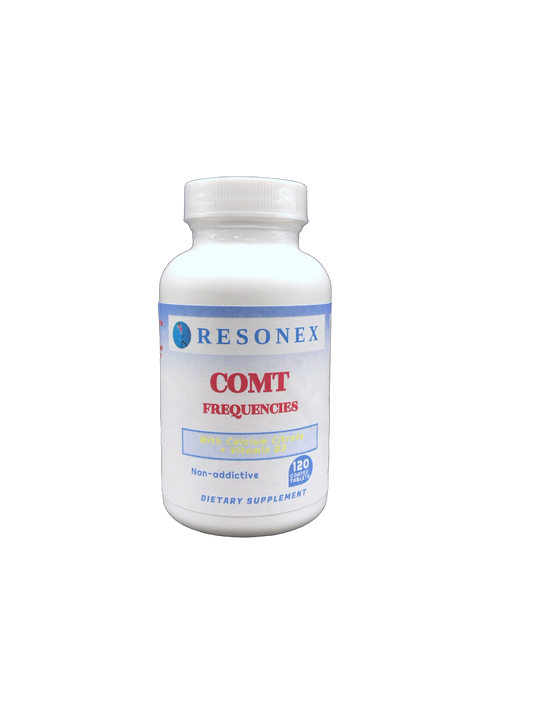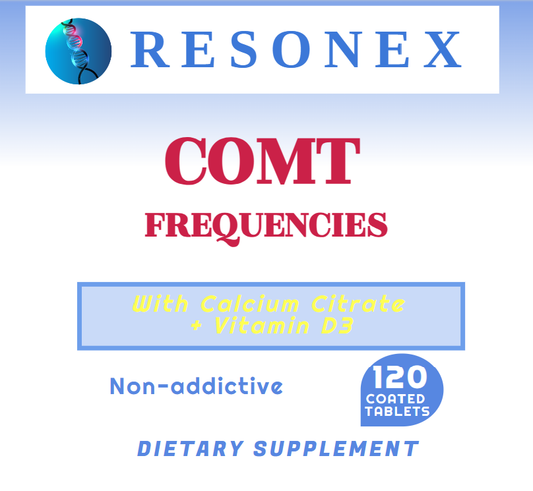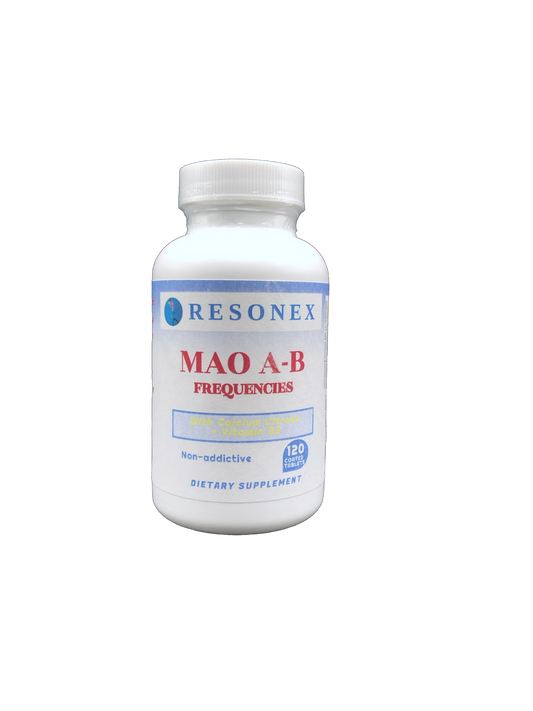Stress
A healthy stress response is essential for our well-being and survival. However, some people may experience a lot of stress, are sick, have too many toxins in their body, or have genetic variations that affect how they cope with stress and how they metabolize certain neurotransmitters, such as dopamine, adrenaline and noradrenaline. These neurotransmitters are involved in regulating mood, motivation, attention, learning and memory. They are also responsible for the fight or flight/freeze response, which prepares us to face or escape from a threat.
Some of the genes that influence the breakdown of these neurotransmitters are MTHFR, MAO and COMT. MTHFR is involved in the production of methyl groups, which are needed for many biochemical reactions in the body, including the synthesis and degradation of neurotransmitters. MAO and COMT are enzymes that break down excess or unused neurotransmitters, especially dopamine and adrenaline. People who have issues with those enzymes may have slower or faster enzyme activity (due to toxins, stress, sickness or gene variant) which can affect the levels of neurotransmitters in their brain and body.
For example, people who have slower COMT or MAO enzymes may have higher levels of dopamine and adrenaline, which can make them more alert, focused, energetic and resilient to stress. However, they may also experience more anxiety, pain, insomnia, irritability and impulsivity when exposed to chronic or excessive stress. On the other hand, people who have faster COMT or MAO enzymes may have lower levels of dopamine and adrenaline, which can make them more calm, relaxed, flexible and tolerant to stress. However, they may also experience more depression, fatigue, apathy, difficulty concentrating and learning when exposed to low or insufficient stress.
The activity of these enzymes can also be influenced by other factors, such as sex hormones, diet, lifestyle and environmental toxins. For example, estrogen can slow down COMT activity, while testosterone can speed it up. This means that women may have higher levels of dopamine and adrenaline than men, especially during certain phases of their menstrual cycle or during pregnancy. This can affect their mood, cognition and behavior in different ways.
Therefore, it is important to understand how these genes affect our stress response and neurotransmitter metabolism, and how we can support them with proper nutrition, supplementation and lifestyle choices. By doing so, we can optimize our mental and physical health and well-being.
Our MAO, MTHFR and COMT enzyme products are designed to assist your own enzymes to help you have a healthy stress response.* You will see quickly if one of these products can help you by the way you will handle your stress. You can get a genetic test to know if you have a gene variant for one of these genes.
- Featured
- Best selling
- Alphabetically, A-Z
- Alphabetically, Z-A
- Price, low to high
- Price, high to low
- Date, old to new
- Date, new to old

